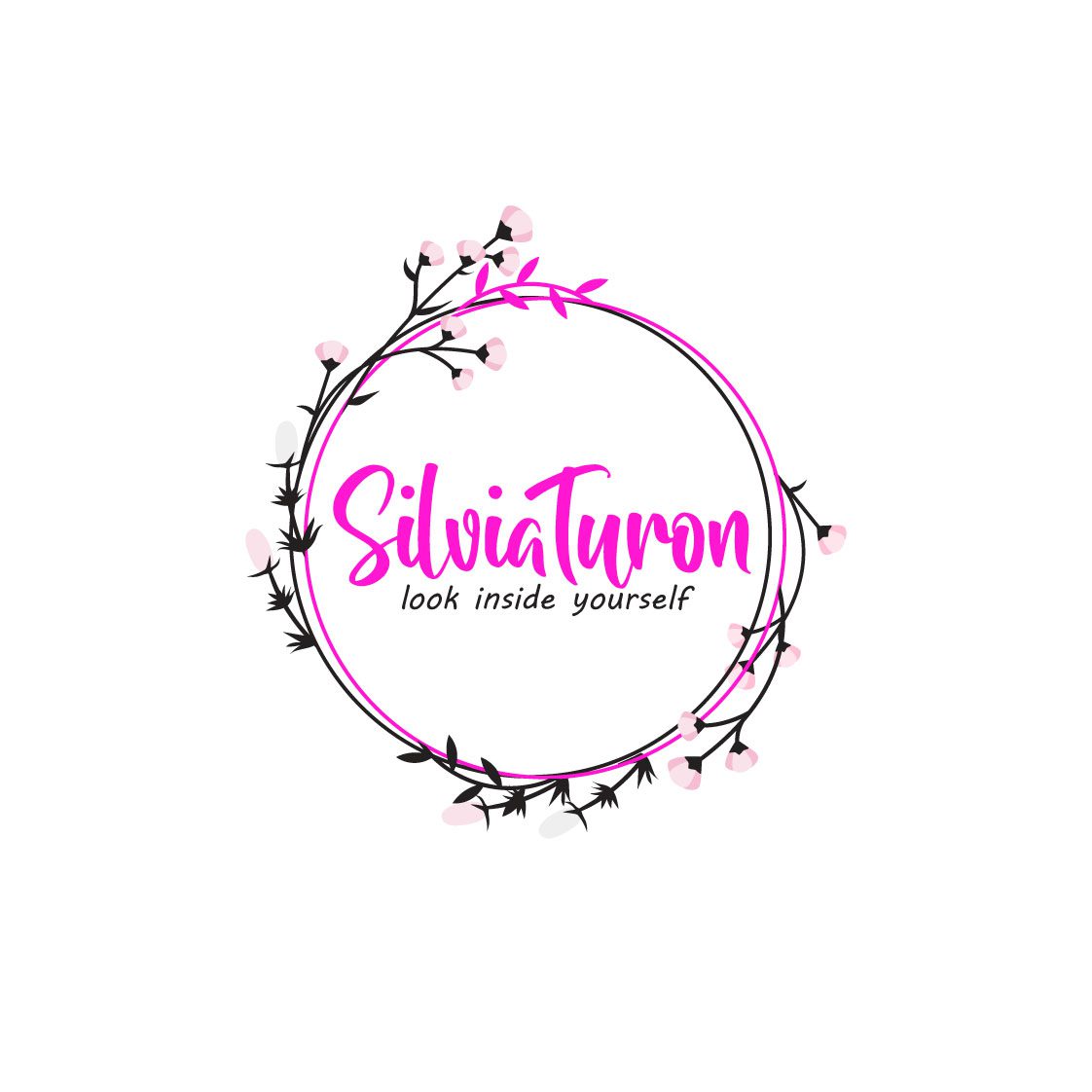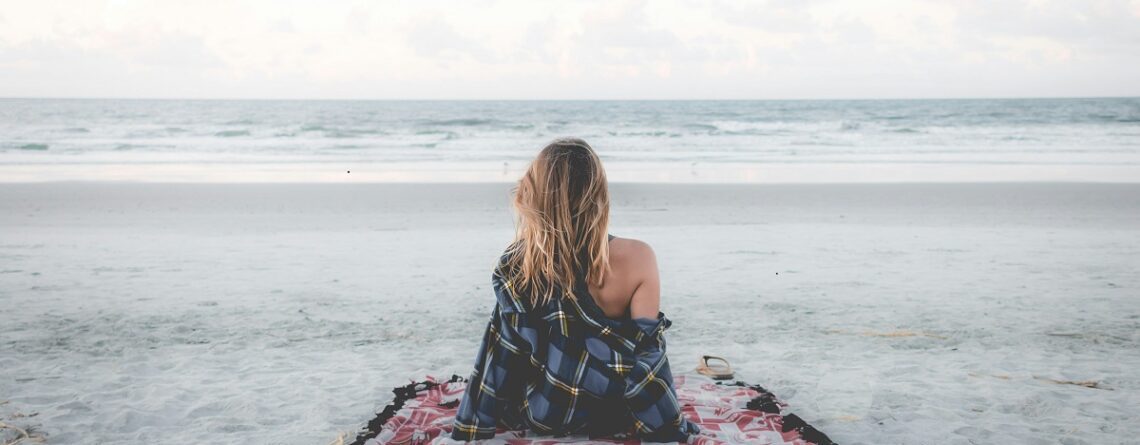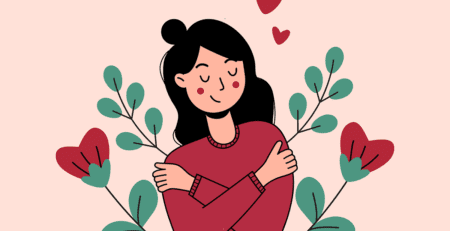3 Ways How To Use Conscious Awareness To Heal Yourself
Before we dive deep into this powerful healing tool, let’s look at the meaning of conscious awareness.
Being aware is to know something, while being conscious is to observe, notice, or realize that something is happening.
Because I don’t want to drive you crazy with this weird definition, let me offer you an example. Let’s say that someone said something that triggered you. You know (are aware) you are triggered because you can feel it. You can use your consciousness and observe what’s happening within you, or you can go ‘unconscious’ and react on an impulse.
We all have been in those situations when something upset us or triggered us, and we reacted. Then, a while later (maybe the very next second), we regret it. We felt as if we failed in our response and felt overpowered by the person or the situation.
As a person with a background in anger issues, I have my share of unconscious, reactive behaviors that brought great deals of guilt and shame.
I will assume (forgive me) that you have been contemplating the big question of self-love for a while. What is it? How does it feel? How do I embody it?
The simple answer is to foster self-respect.
Self-respect will lead you naturally towards self-love.
When you use conscious awareness and live your life more mindfully, you create an opportunity to be, feel, and act the way you choose and, therefore, respect yourself more.
Although conscious awareness is something we all have, often, we are not using it to our advantage.
Here are 3 ways how to use conscious awareness to heal yourself
1. Use it to respond
Close your eyes, take a deep breath, and ask yourself, “Do I often react to life, or do I respond to life?”
When you react, you act on impulse with little to no awareness of the moment. In other words, you are enslaved by outside circumstances or people.
As mentioned earlier, deep inside, you know you are not choosing your response, and that makes you feel crappy.
Next time when you become aware you are triggered or feel a surge of negative emotions, mentally say to yourself, “PAUSE.” I learned the power of the pause from the course of Kabbalah I took during COVID.
The word “PAUSE” is like an anchor or a crutch word that allows you to stop in the moment and reconsider what your response will be. Will you use conscious awareness, observe the situation, and choose how you proceed, or will you move forward with a reaction and feel like you have no will on your own?
This is always your choice. Although you may not trust yourself right now, with conscious, constant practice, you will discover how powerful you can be in your responses and feel more respect towards yourself.
2. Understand yourself better
To practice this, here is a little exercise that may come in handy. Find a comfortable seat and take 3 deep cleansing breaths to settle your mind and become centered. Bring to your awareness an event or situation that recently triggered you or brought a sense of unease.
Next, imagine yourself standing a few feet away from you (3rd person view) and observe yourself while experiencing these emotions.
Ask yourself the following questions:
“What is the cause of these feelings?”
“What are they trying to tell me?”
“Is there anything I haven’t resolved, and that’s why this situation triggers me?”
When doing this exercise, hold understanding and kindness in your heart. You answer these questions not to feel bad about yourself or judge yourself but to understand where you are emotionally, mentally, and spiritually.
3. Use conscious awareness to invite more compassion in
Although many of us are aware of things we want to change, we get stuck feeling guilty for being the way we are right now.
However, when we embrace the power of conscious awareness more often, we won’t only know (be aware) of what we want to heal and change but are also conscious of our response to it.
It’s one thing to be aware of having, for example, a toxic trait but another to be conscious enough not to judge ourselves for it.
Since healing is a complex process, it’s natural to take a step forward and then step back. In those moments, when we act in old ways and react to old triggers, it’s important to give ourselves grace, forgive ourselves, and use compassion to understand our reactions.
Does that mean that we let ourselves off the hook?
Not at all.
Instead, we allow ourselves to learn and practice what the healthy version of us feels and acts like and be more motivated to try again.
So often, we think that if we are harsh enough with ourselves, we will learn the lesson and somehow heal our wounds. But that’s not true.
These feelings of guilt, judgment, and inadequacy are often what prevents us from healing in the first place. Therefore, we want to move on the other side of the spectrum and approach ourselves with feelings we crave (where the lack of them often causes us to react) like love, compassion, and understanding.
That’s when healing takes place.
How will you use conscious awareness to foster more healing in your life? I’d love to know. Feel free to share your thoughts in the comment section below.












Comments (2)
I have read this whole article with great insight to the inner child seeking to be acknowledged. It is an excellent article with so much insight and healing. Indeed thank you Sylvia. I will really work on this one and remember the other side of true healing. Laura
You are most welcome, Laura. I am glad you found it useful.